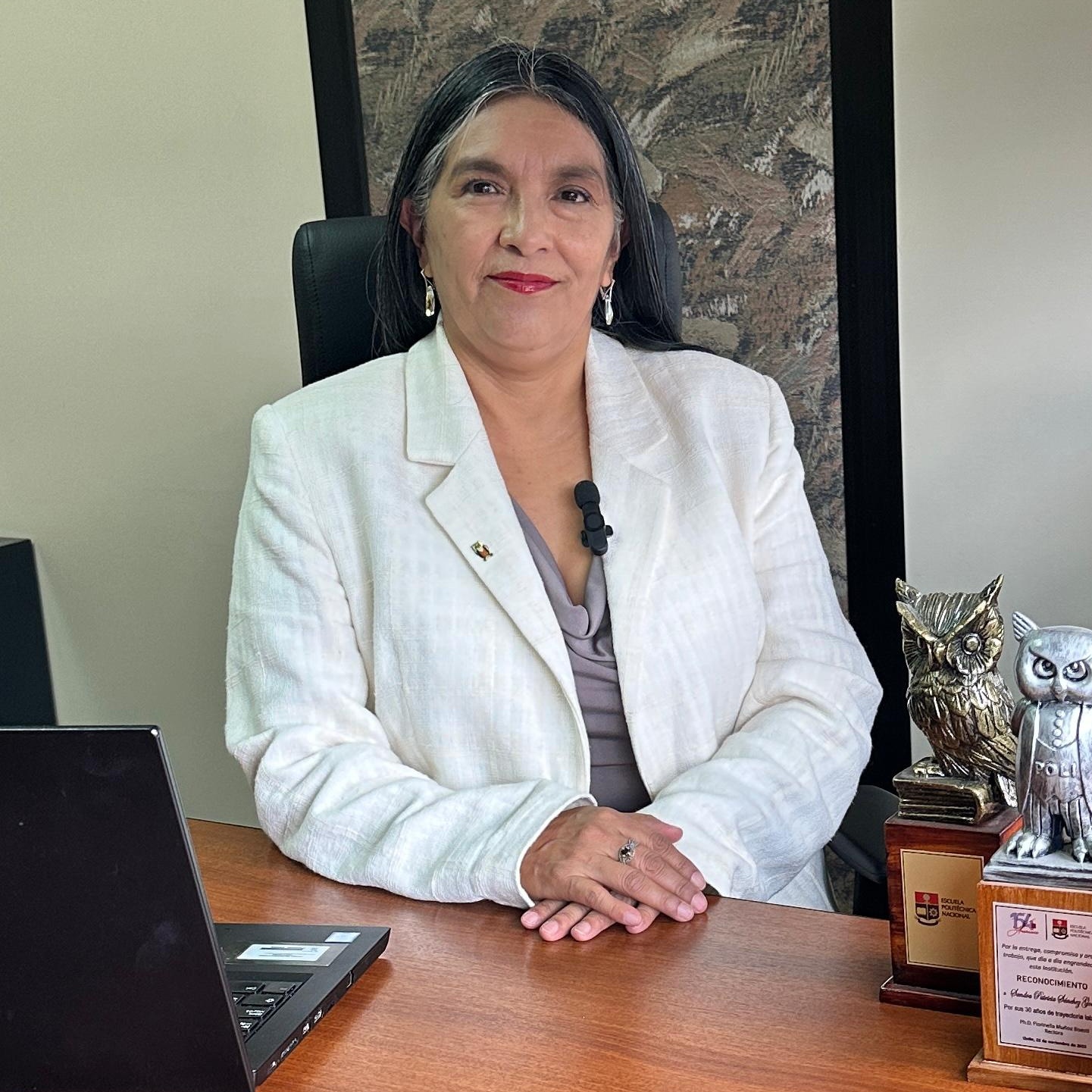Web accessibility of MOOCs for elderly students
Abstract:
Internet use by older people has increased dramatically during the past 10 years. According to different sources, the number of users over age 65 has more than doubled since 2000. Besides, the inevitable effect of younger users aging will increase the number of older people using the Internet the next decades. Unfortunately, older people face several challenges when using the web due to diminishing capacities related to aging, such as vision decline, hearing loss, decremented motor skills and cognition issues. On the other hand, e-learning can be an opportunity in helping older people become integrated with the rest of society. In this context, Massive Open Online Courses (MOOC) bring great opportunities to enhance the quality of life of older people by enabling lifelong learning and inclusion in learning communities. However, MOOCs can present some barriers that could hamper full participation by elderly students. In order to avoid these barriers, MOOCs have to meet different user needs, skills and situations: MOOCs have to successfully address web accessibility challenges for elderly students. The purpose of this paper is to raise awareness towards a better understanding of the web accessibility challenges that elderly students of MOOCs face. © 2013 IEEE.
Año de publicación:
2013
Keywords:
- Web accessibility
- aging users
- Massive open online course
- world-wide web consortium
- Coursera
- older users
- Elderly people
Fuente:
 scopus
scopusTipo de documento:
Conference Object
Estado:
Acceso restringido
Áreas de conocimiento:
- Educación superior
Áreas temáticas de Dewey:
- Educación de adultos
Objetivos de Desarrollo Sostenible:
- ODS 4: Educación de calidad
- ODS 10: Reducción de las desigualdades
- ODS 3: Salud y bienestar
